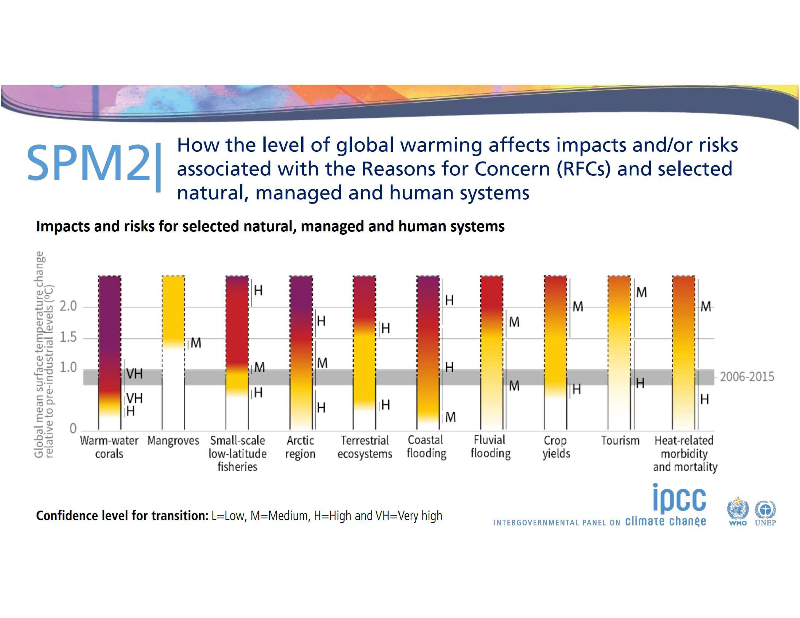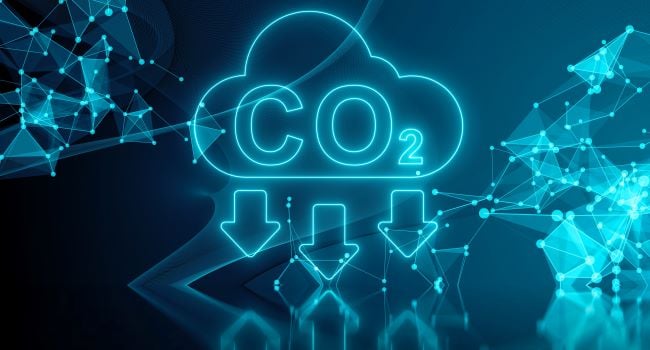New IPCC report urges rapid advancement of Net Zero targets

The latest findings of the Intergovernmental Panel on Climate Change (IPCC) Climate Change 2023: Synthesis Report have prompted UN Secretary General António Guterres to call on all countries to bring forward their net zero plans by a decade to meet greenhouse gas (GHG) targets. The current trajectory of global GHG emissions in 2030, based on nationally determined contributions (NDCs) announced in October 2021, shows that there are gaps between projected emissions from implemented policies and those from NDCs. This indicates that current finance flows are falling short of the levels needed to meet climate goals across all sectors and regions.
Peter Thorne, Director of the ICARUS centre at Maynooth University and section facilitator of the IPCC synthesis report, said, “we have the tools, the technology and the financial headroom to be able to cut emissions and keep warming well below 2 degrees, but we must act now to achieve this.” Its findings indicate a high likelihood of global warming of 1.5 °C above pre-industrial levels and related global greenhouse gas emission pathways taking place in the 2030s.
Thorne explained that “all industries and sectors can be active players under this paradigm. Available options differ by sector, and for maritime the focus is clearly on more sustainable fuels of various types.” The International Energy Agency (IEA) has previously reported that shipping is currently not on track to meet its emission targets, and has noted a clear need for technological innovation, supportive policies and collaboration across the value chain to drive the adoption of low- and zero-carbon fuels and technologies for oceangoing vessels. While it reports an anticipated increase in low and zero carbon fuels by 2030, it foresees a significant market share only occurring in 2050 based on maritime’s current trajectory.
The IPCC report also emphasises the economic benefits offered by air quality improvements as a result of reduced emissions. This can be achieved through immediate global action, examples of which include access to clean energy, low-carbon electrification, and the promotion of zero- and low-carbon transport. Increased international cooperation can further enable climate resilient development, such as enhanced access to appropriate financial resources, particularly for disadvantaged areas, sectors, and people, as well as inclusive governance and coordinated policies to expedite our journey to Net Zero.
Related content

A word from the ICS Chairman: Rising to the challenge

Active role for shipowners in improving CII regulations

Carbon capture: a solution out of thin air?
